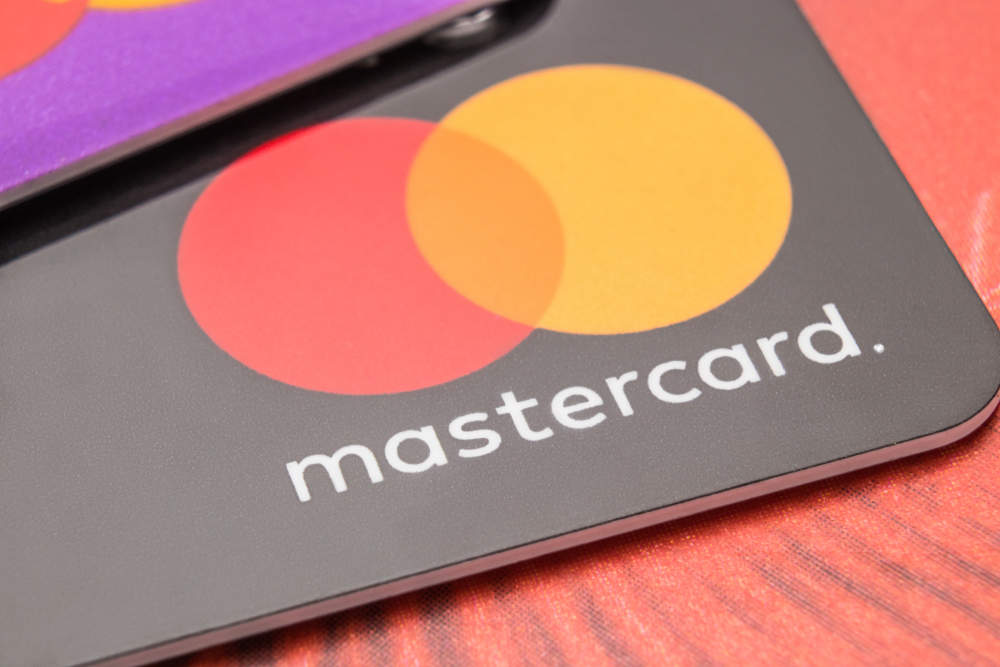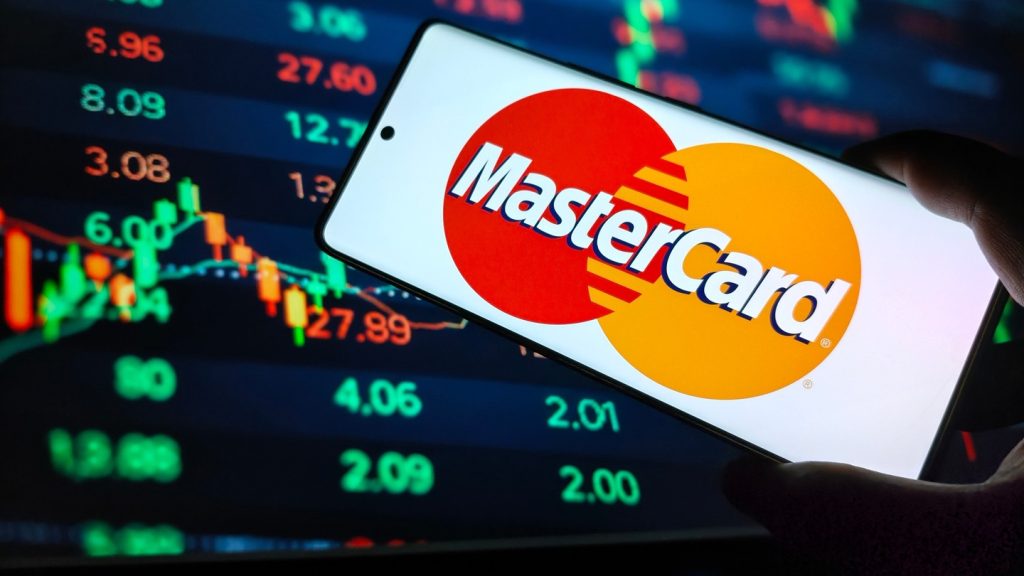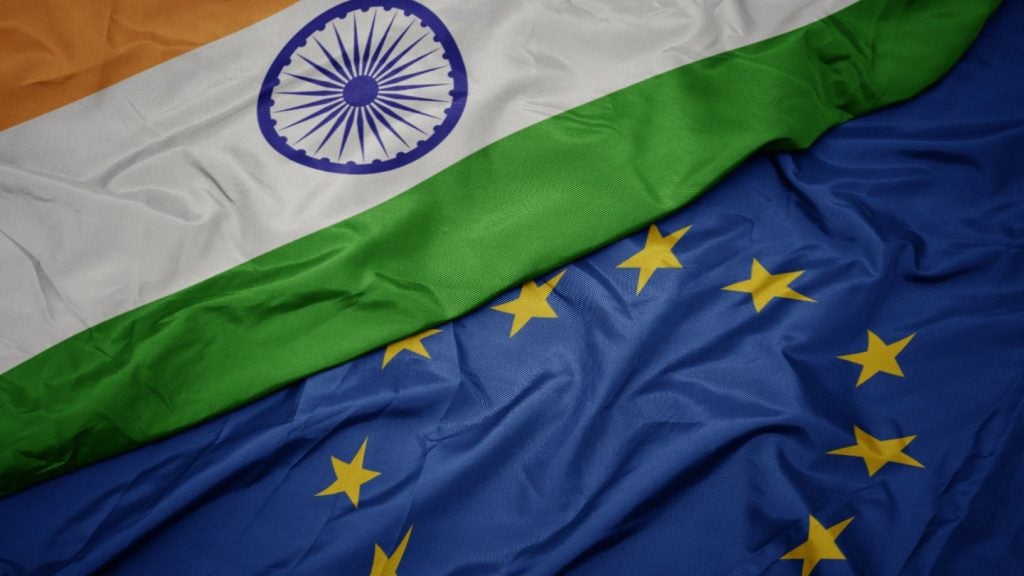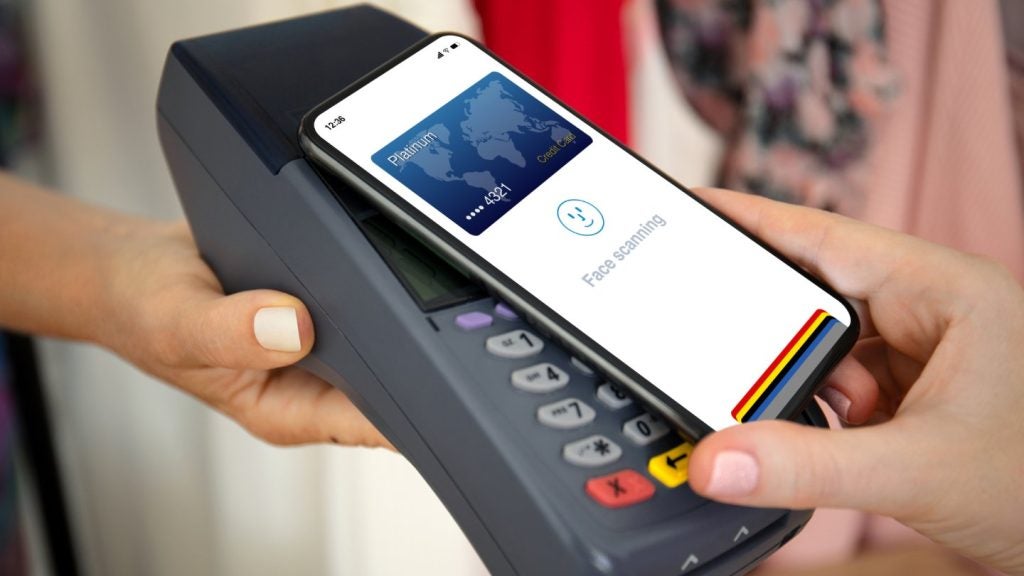
Eco-friendly credit cards could help cut down plastic waste in landfills. As Mohamed Dabo reports, payments giant Mastercard is spearheading the switch to green, plastic-free alternatives to today’s polluting cards
A payment card is small enough to fit in your palm, but with billions in circulation worldwide and the vast majority made from first-use plastics, there is a clear opportunity for the industry to embrace more sustainable materials.

Access deeper industry intelligence
Experience unmatched clarity with a single platform that combines unique data, AI, and human expertise.
This is the finding from latest research conducted by Mastercard, the second-largest payment network, ranked behind Visa, in the global payments industry.
The overall contribution of payment cards to the global plastic waste problem is relatively small, but Mastercard believes everyone should play a part to help tackle the issue.
Assessing environmental claims and leading academic research
As part of its mission to maximize sustainable product innovation and security investments, Mastercard’s Global DigiSec Lab in the UK analyses the material makeup of cards to assess environmental claims and leads academic research on environmentally friendly ways to recycle plastic cards.
To date, more than 60 financial institutions in more than a dozen countries worldwide have issued Mastercard cards made from approved recycled, recyclable, bio-sourced and degradable materials.

US Tariffs are shifting - will you react or anticipate?
Don’t let policy changes catch you off guard. Stay proactive with real-time data and expert analysis.
By GlobalDataMastercard has developed a new directory of sustainable materials and vendors for card products to help educate banks, connect them to card manufacturers and encourage sustainability at the core of their supply chain.
Plastic made directly from its original source, oil, and does not include a single element of recycled material is the most environmentally damaging of plastics.
Mastercard’s sustainable card programme
In July, Mastercard launched a sustainable card programme. Its goal was to promote the use of eco-friendly cards by helping issuers in more than a dozen countries offer cards made from recyclable, bio-sourced, chlorine-free, degradable and ocean-safe plastics.
Currently, the majority of the world’s payment cards are made from PVC plastic. This is a synthetic plastic polymer which is made from salt and, more importantly, oil. This means that, while the material is durable, it does not naturally biodegrade: it retains its form for decades before breaking down into smaller pieces known as microplastics.
According to Mastercard, the industry produces six billion of these cards a year. They are replaced every three to four years, and expired cards end up in the world’s landfills.
“Our goal is simple: we want to help banks offer more eco-friendly cards to consumers, and we are taking concrete steps to bring about that change,” says Ajay Bhalla, president of cyber and intelligence at Mastercard. “This way, everyone benefits. It’s better for the environment, it’s better for business, and it meets evolving consumer needs.”
Meanwhile, as consumers continue to rely on payment cards for easy spending, large amounts of plastic are hiding in the average wallet. In July 2019, 61.9 million credit cards were issued to UK residents, along with 97.3 million debit cards.








